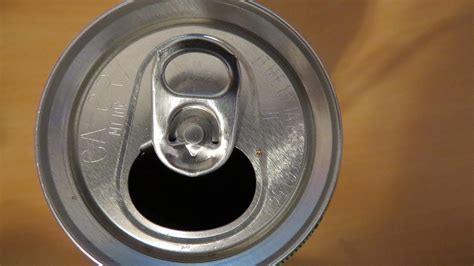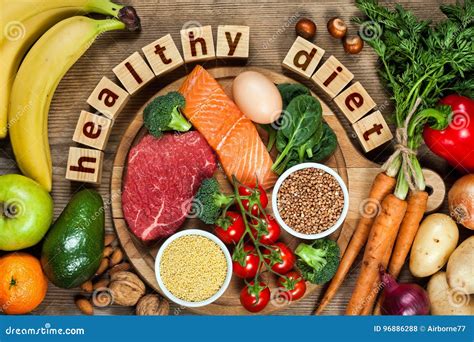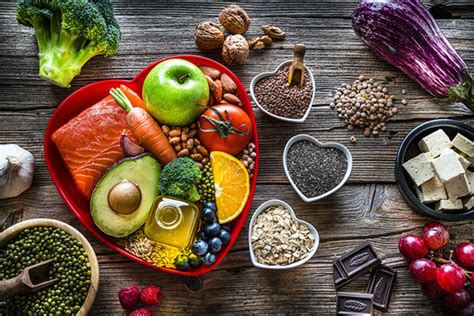How can men naturally boost testosterone for peak energy & muscle gains?

Understanding the Power of Testosterone
Testosterone, often hailed as the cornerstone of male vitality, plays a pivotal role far beyond just muscle mass and sex drive. This crucial hormone influences mood, energy levels, bone density, red blood cell production, and overall cognitive function. As men age, testosterone levels naturally begin to decline, often leading to symptoms like fatigue, decreased libido, weight gain, and reduced muscle mass. While some may consider medical interventions, there are powerful, natural strategies men can adopt to optimize their testosterone levels and reclaim their peak energy and muscle-building potential.
Fueling Your Body: The Dietary Approach
What you eat directly impacts your hormonal balance. A diet rich in specific nutrients and healthy fats can provide the building blocks your body needs to produce testosterone naturally.
Essential Nutrients for Testosterone Production
- Zinc: Crucial for hormone production, zinc deficiency can lead to lower testosterone. Good sources include oysters, red meat, poultry, beans, nuts, and dairy.
- Vitamin D: Often called the ‘sunshine vitamin,’ Vitamin D is actually a steroid hormone itself and is strongly linked to testosterone levels. Fatty fish, fortified foods, and regular sun exposure are key.
- Magnesium: Involved in over 300 enzymatic reactions, including those related to testosterone. Spinach, almonds, avocados, and dark chocolate are excellent sources.
Healthy Fats are Your Friends
Don’t fear healthy fats! Cholesterol, a precursor to testosterone, needs healthy fats for its synthesis. Incorporate sources like avocados, olive oil, nuts, seeds, and fatty fish (salmon, mackerel) into your diet.
What to Avoid
Limit processed foods, excessive sugar, and refined carbohydrates, as these can contribute to inflammation and insulin resistance, negatively impacting hormone balance. Excessive alcohol consumption can also disrupt testosterone production.

The Movement Mandate: Exercise for Hormonal Health
Exercise is a powerful natural testosterone booster, but not all workouts are created equal for hormonal optimization.
Lift Heavy, Get Strong
Resistance training, particularly compound exercises that work multiple muscle groups (squats, deadlifts, bench presses, rows), has been shown to significantly increase testosterone levels. Focus on progressive overload, gradually increasing the weight or reps over time.
High-Intensity Interval Training (HIIT)
Short bursts of intense exercise followed by brief recovery periods can also stimulate testosterone production and improve overall fitness. Examples include sprints or intense cycling intervals.
Avoid Overtraining
While exercise is beneficial, chronic excessive endurance training or overtraining can actually lead to a drop in testosterone and an increase in cortisol (the stress hormone). Listen to your body and prioritize rest and recovery.

The Pillars of Lifestyle: Sleep & Stress Management
Beyond diet and exercise, your daily habits profoundly influence your hormonal landscape.
Prioritize Quality Sleep
Most of your testosterone is produced while you sleep. Aim for 7-9 hours of high-quality, uninterrupted sleep per night. Establish a consistent sleep schedule, create a dark and cool sleep environment, and avoid screens before bed to optimize melatonin production.
Tame the Stress Monster
Chronic stress leads to elevated cortisol levels, which directly competes with testosterone production. Incorporate stress-reduction techniques into your daily routine, such as meditation, deep breathing exercises, yoga, spending time in nature, or engaging in hobbies you enjoy.

Smart Habits for Sustainable Gains
A few additional lifestyle tweaks can make a significant difference in your testosterone levels.
- Get Sunlight Exposure: Regular, safe sun exposure helps your body produce Vitamin D.
- Avoid Endocrine Disruptors: Minimize exposure to plastics (BPA), phthalates, and certain pesticides, which can mimic hormones and disrupt your endocrine system.
- Maintain a Healthy Weight: Excess body fat, particularly around the abdomen, can convert testosterone into estrogen, reducing free testosterone levels.

The Role of Targeted Natural Supplements (with caution)
While a whole-food diet and healthy lifestyle are paramount, certain natural supplements may offer additional support for testosterone production for some individuals. These include:
- Zinc and Vitamin D3: If dietary intake or sun exposure is insufficient, supplementation can be beneficial.
- Magnesium: Especially if you’re an active individual, magnesium can support free testosterone levels.
- Ashwagandha: An adaptogenic herb that may help reduce cortisol and potentially increase testosterone in stressed individuals.
- Fenugreek: Some studies suggest it may help improve libido and testosterone levels.
Important Note: Always consult a healthcare professional before starting any new supplement regimen, especially if you have underlying health conditions or are taking other medications. They can assess your individual needs and recommend appropriate dosages.

A Holistic Path to Peak Performance
Boosting testosterone naturally is not a quick fix but a holistic commitment to a healthier lifestyle. By consistently prioritizing nutrient-dense foods, effective exercise, quality sleep, and stress management, men can significantly optimize their testosterone levels. This integrated approach not only leads to enhanced energy and muscle gains but also fosters improved mood, cognitive function, and overall well-being, paving the way for a more vibrant and energetic life.









